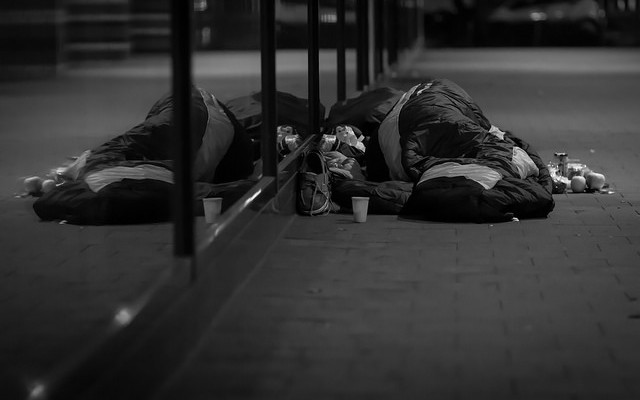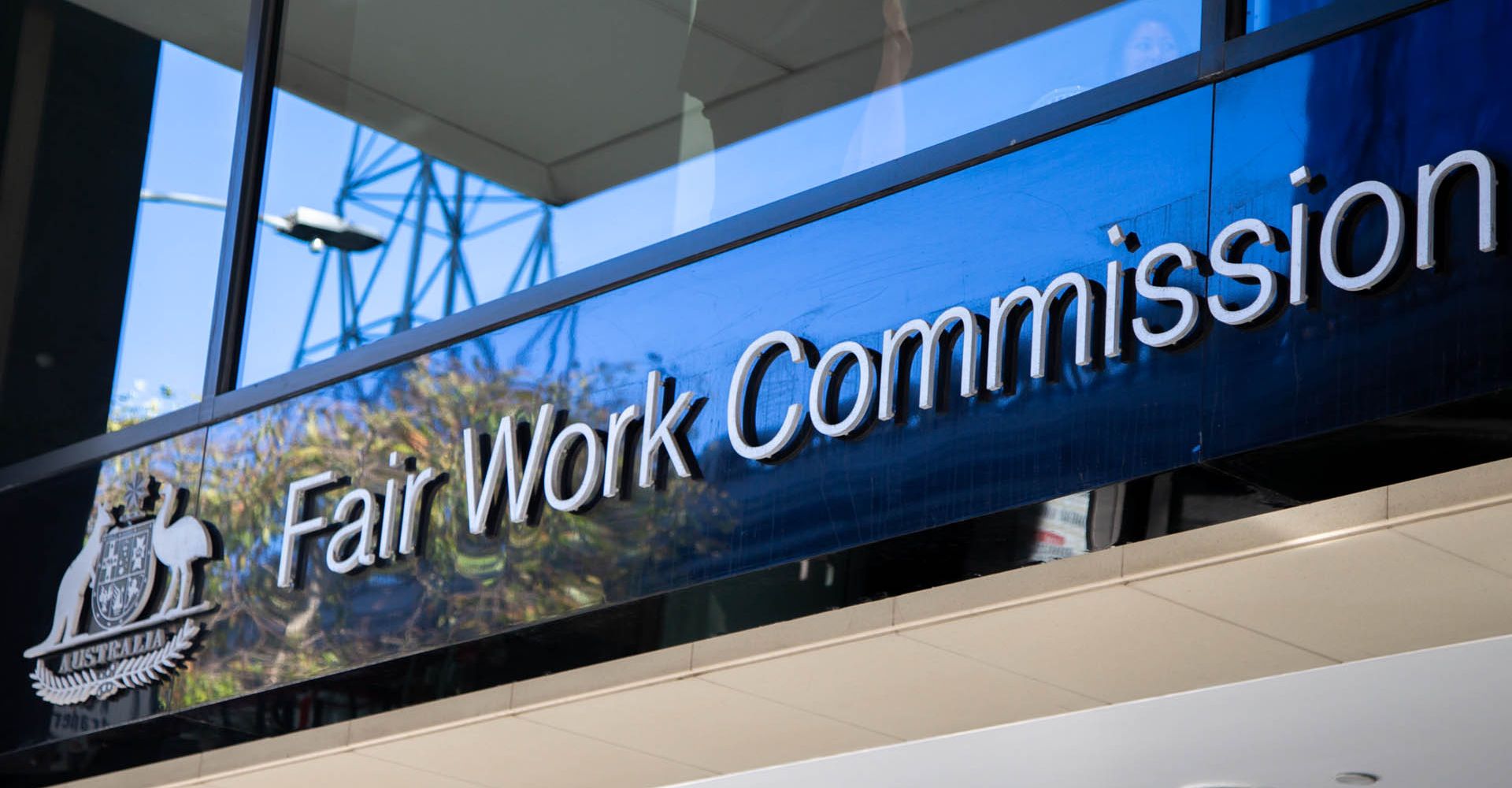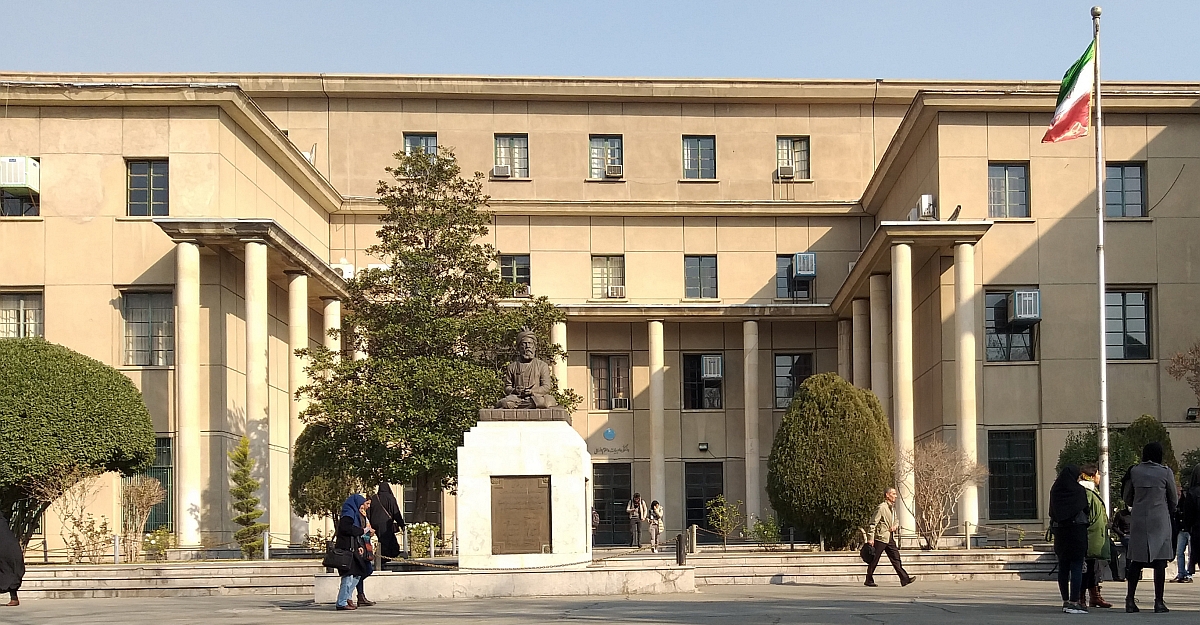Housing stock shortfalls are nothing new in Australia: for more than thirty years, we’ve been heading down a slippery slope of less affordable housing. The pressure, along with a lack of political assignment (concern, duty – there are plenty of words to describe it) is creating all sorts of havoc: most critically, for the high and growing rate of people with no housing at all. With one in every 200 Australians experiencing homelessness, it is a situation that means the most disadvantaged are suffering the greatest privation.
Homelessness has been discussed a lot lately, at least in Victoria, mainly due to the visible demonstration – a spilling onto the street, so to speak – of people sleeping rough in Melbourne. Disappointingly, the response from the Melbourne City Council was to resort to legal brute-force and literally ‘run people out of town’. This, coupled with a lack of interest federally in reforming negative gearing regulations, means we are risking an opportunity to alter this crisis.
In the streets of Melbourne – a city held in high esteem by the Economist’s gauge as the most liveable metropolis on the globe – it beggars belief that the city’s leaders would think that persecuting rather than opening doors is the way to treat those sleeping out: bright shining edifices – many of them tall buildings full of vacant spaces – looked over those mounds of sleeping pavement dwellers.
Back in 2014, Lord Mayor Robert Doyle described the stories of ‘rough sleepers’ as ‘harrowing’. Now, he visibly bristles at the thought that he has to ‘deal’ with this issue, telling the Age, ‘I welcome any move by police to bring an end to what has become a blight on our city’.
Such sentiments portray rough sleepers as disruptive and illegitimate. The hope in using this kind of language – language and framing that is then promulgated by the media – is to engage the general population in fear of the ‘outsider’. To view those who look different and behave in a non-conformist manner with dread. The idea, now mostly unconscious in us, harks back to the industrial revolution when the protestant work ethic was instilled among workers, when anyone who didn’t comply and turn up to work was shunned by their neighbours or ostracised. It was a time when prisons were built and asylums constructed. We became not only judgemental of poverty, but fearful of it.
Hearteningly, there has been a demonstrative backlash against the proposed bylaws that would ban homelessness from Melbourne’s city streets: of 2,556 submissions put to the Melbourne City Council, only 14% were in favour of these regulations. It is a tide that the Lord Mayor and his councillors can hardly ignore. Will we see the council change their approach to homelessness, however? That is the burning question.
There exists already an abundance of ideas for creating better outcomes for people sleeping on the streets. Justice Connect, an organisation that provides legal help through pro bono work for those who can’t afford it, have come up with a list of 10 things that Melbourne could do instead of making it illegal to sleep rough (including the very basic idea of consulting with people experiencing homelessness, or the organisations who work with those same people). The list is a great start and a vast improvement on the offers that were made when the ‘ousting’ from Flinders Street was occurring. Three nights’ accommodation at the Coburg Motor Inn and the prospect of being fast tracked through the system might sound good at a glance. Three nights in a motel may be a treat, but that’s where the support ends – where are people supposed to go next? As for being fast tracked up the public housing list, it would mean displacing people who’ve been waiting on that list already, often for years.
If I sound frustrated, it’s because we’ve been here before. Luke Mansillo spelt it out in his 2013 article, ‘Australian housing is too expensive. So why can’t we talk about it’. He noted that between 1996 and 2007, the public housing stock shrank by 32,000 while the population grew by 2.8 million. This was something I saw for myself as a young social worker in rural Australia – what stock there was there has been sold off at unprecedented rates since the 1980s.
Now, with less than 5 per cent of our housing deemed as ‘Social’ (note, the UK allocates 20 per cent of theirs), Australia is a rich, expensive country that doesn’t like its ugly underbelly to show. Anwen Crawford puts it succinctly in her essay, ‘No place like home’:
The current NSW Liberal government, re-elected in March this year, is not the first state government to sell off property in Millers Point: sixteen vacant social housing properties were announced for sale under the previous Labor government in 2006, and a further twenty houses were sold in 2010. However, these houses were sold on 99-year leases, with a strict schedule of approved repairs and maintenance. The current sell-off, in which properties are being auctioned freehold, affords no such protection. There is little to stop investors from undertaking substantial redevelopment.
Ipso facto, by not widening our view (and the regulations) around responsible ownership, we are shifting further away from ‘alleviating’ the issue of homelessness by withdrawing support from the most marginalised and vulnerable. You only have to listen to the recent testimonies of people in the Shoalhaven area on Radio National’s Background Briefing to be convinced of that. Take Jody, who was diagnosed with post traumatic stress disorder and depression after her arm was broken in an assault. Or Brian, who sustained an injury while working as a concreter, for which he was prescribed oxycodone. He developed an addiction; when his marriage broke down, he lost his home.
These stories strike a chord. But there’s no leeway for their situations, either from the Shoalhaven Shire or the general public. The lack of respect they are given is telling, and the effect on their self-esteem problematic. If only all of us had to spend a day in the skin of someone whose life was complicated by poverty.
In Down and Out in Paris and London, George Orwell’s (Gonzo-style) exploration of poverty, he reaches a similar conclusion:
I shall never again think that all tramps are drunken scoundrels, nor expect a beggar to be grateful when I give him a penny, nor be surprised if men out of work lack energy.
If the recent and ongoing neoliberal responses to pavement space in Melbourne is going to be the way we approach homelessness, the gulf between those who have a place to call home and those who do not will broaden. And while the current conversation is heartening, we need meaningful change. In other words, fixing the housing problem does not just depend on landscaping the slope we’re descending, but putting a spade in the very system that governs us.
Image: ‘Homeless’/ Marc Brüneke



